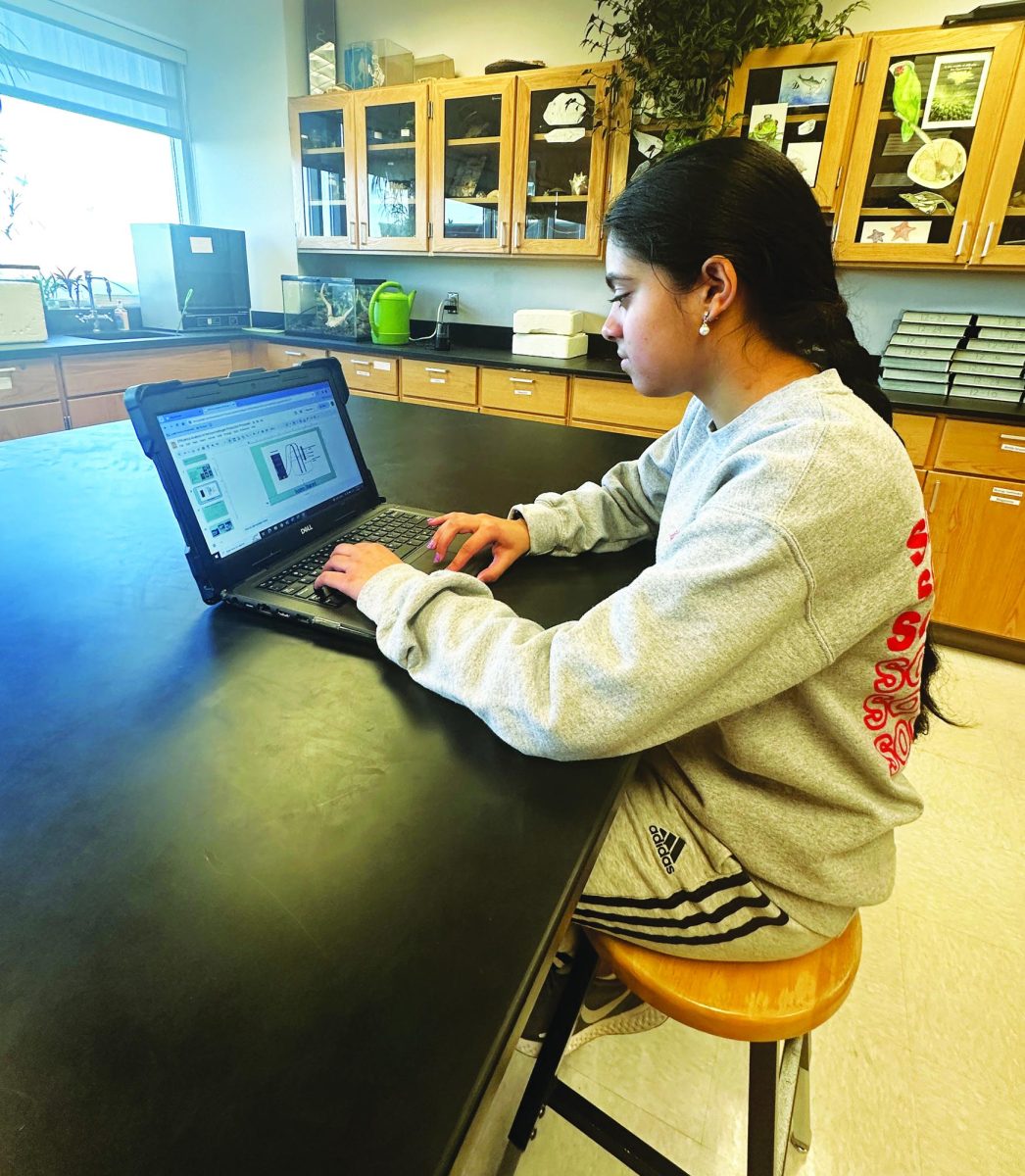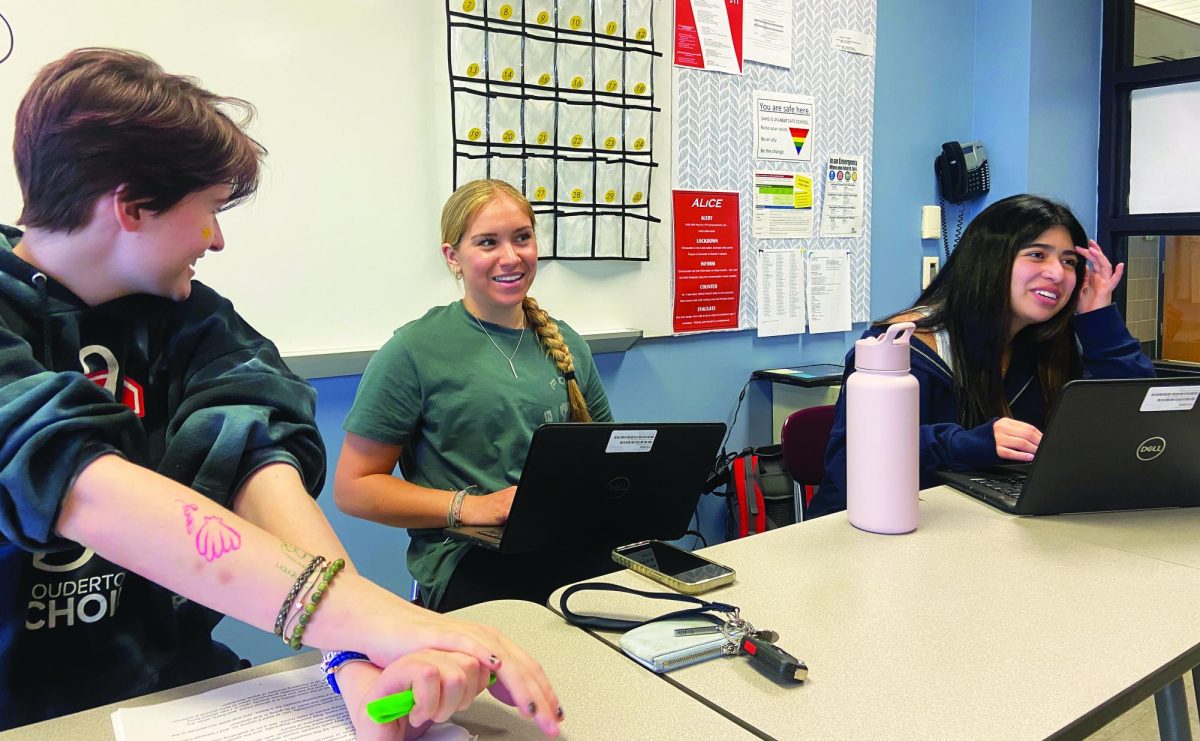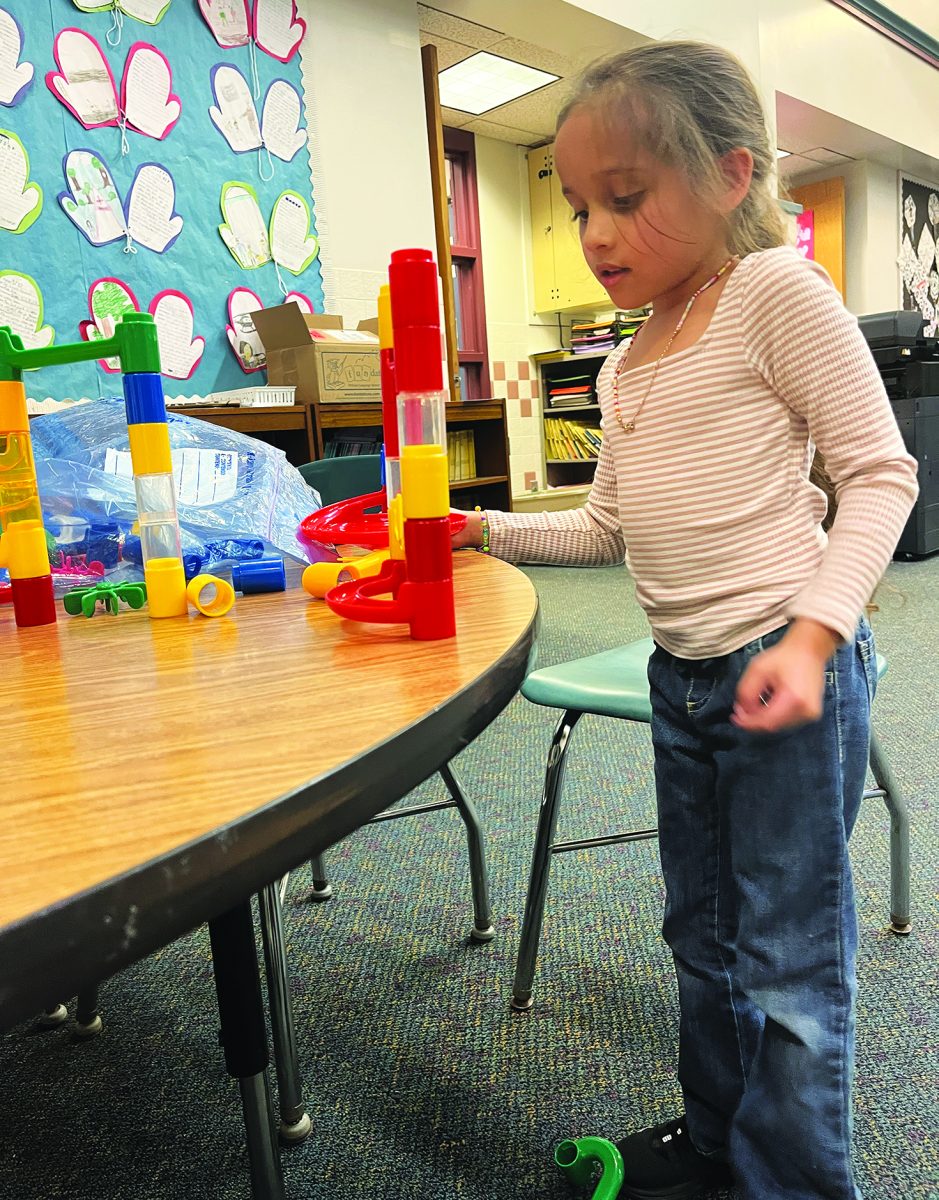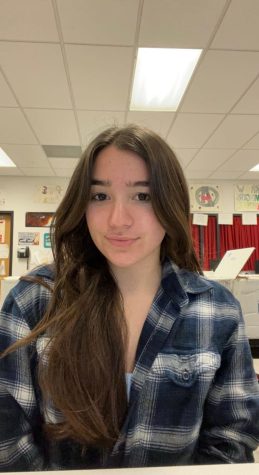To protect national health and prevent further spread of COVID-19, colleges across America are changing plans for the fall semester resulting in some college students not returning to campus and instead continuing their college experience virtually.
As finals closed out this school year, colleges have begun to face the challenge of how to go about the upcoming fall semester of the 2020-2021 school year.
According to the Chronicle of Higher Education, 6% of schools have announced plans for virtual learning this fall. Sixty-seven percent are currently planning for in-person learning.
What many colleges are hoping to do is create a hybrid model of in person and virtual learning to adhere with social distancing guidelines while continuing to give as many college students the in-person experience and community they had last fall.
Whether their fall semester will occur virtually or in-person, many students feel as though having more interaction and connection with professors is a must.
“Online schooling made me appreciate human interaction,” rising Desales University freshman Bella Taylor said, “It is important to be able to communicate with my teachers in person so they can not only hear what I’m saying, but they can actually see what I need help with.”
Rising Wharton School of University of Pennsylvania senior Matt Peigza also places high value on an in-person experience.
“Online school is far less valuable than in person college in my opinion,” Piegza said. “I believe that the in person college experience is extremely valuable because you are able to interact with your peers and professors, live on your own, and enjoy all of the aspects of college that take place outside of a classroom environment.”
Currently over 700 colleges use the online video chat platform Zoom which allows for students and professors to video chat for synchronous learning. During the past semester, many colleges used Zoom to continue learning online and it will likely play a key role in the upcoming semester.
However, many students feel as though the worth of their college experience will be diminished if done solely virtually through platforms like Zoom.
Taylor has considered switching to community college if DeSales switches to virtual schooling.
“I don’t want to spend all that money for DeSales if it’s virtual.” Taylor said.
Piezga believes much of the worth of education surrounds the in-person unspoken aspects of teaching and learning.
“Studies have shown that 93% percent of communication is non-verbal,” Piegza said, “so it could be said that an online class is well, 7% as valuable as an in person class.”
An issue posed by the hybrid model or virtual learning is losing in-person learning experiences that cannot be done through zoom.
Rising Rensselaer Polytechnic Institute junior Giana Kamaratos majors is studying Biophysics and biochemistry and has some concerns about getting into the lab.
“It worries me that I won’t have as much lab experience as I should have had. I hope to remedy this by waiting to take my other lab courses when I go back to campus, but I can only wait so long since I am just starting my junior year,” Kamaratos said.
Piegza shares similar concerns about entering the workforce after his senior year.
“I will feel far less ready to enter the workforce if I am online for essentially a year and a half out of my four years of college.” Piegza said.
Given the switch to online learning, another in-person aspect that could be lost is the community students find in their college classmates. Kamaratos believes that an in-person experience is important to help develop these relationships with peers and professors.
Looking back on his growth over his college years, Peigza accredits some of it to classroom learning, but feels like most of his personal growth was due to his “early mornings spent on the river with my teammates” and his “conversation about the future of the oil and gas industry I have with my Impact Investing professor after class.” To him, Piegza’s college experience was more about the in-person memories he made with professors and peers rather than his curriculum.
As of now, the University of Pennsylvania is investigating a hybrid model and will be releasing their plan in late June. They are concerned about bringing students back until they have improved and accessible testing, resources for those who contract the virus, and social distancing compatible facilities.
In a statement released by Penn’s president Amy Gutmann, Penn thanked the faculty for adapting to the new situation and committed to opening campus backup to students as soon as is safe.
However, if presented with a virtual fall semester, many students, Piegza included, are considering taking a gap year to wait it out and return when they can get their full college experience.
“I would choose a gap year if classes were entirely online in the fall, which would also likely mean I wouldn’t be able to compete in rowing in the fall.” Piegza said. “At that point, it isn’t worth the time and money to take online classes while paying full tuition.”
Many schools are recognizing the reduced value of their college package and the financial impact Coronavirus has had on families and is offering additional financial aid.
DeSales has offered their students additional scholarships and financial aid to help keep their school accessible to all accepted students.
Penn refunded dining plans for the already lost time, but has not yet adapted their financial plan for the fall.
Princeton University has adapted their financial package and is recognizing the position the Coronavirus has put the country in but are hoping to see a progressive movement to move past it as opposed to waiting it out.
“This pandemic is not a storm that we can wait out, but instead a global struggle that demands the commitment and energy of our society and societies around the world.” Princeton University president Chris Eisgruber said. Princeton is eager to begin to reopen research facilities to generate revenue.
Overall, one common theme between all colleges is the desire to be in a position where students can return to campus for an in-person fall semester.
“I am praying that I get to go back in the fall.” Piegza said.





